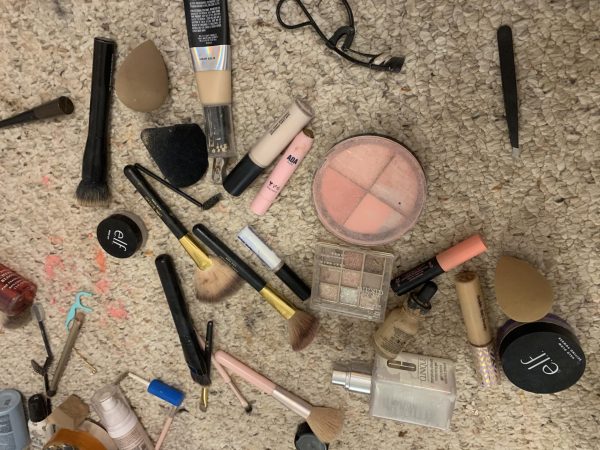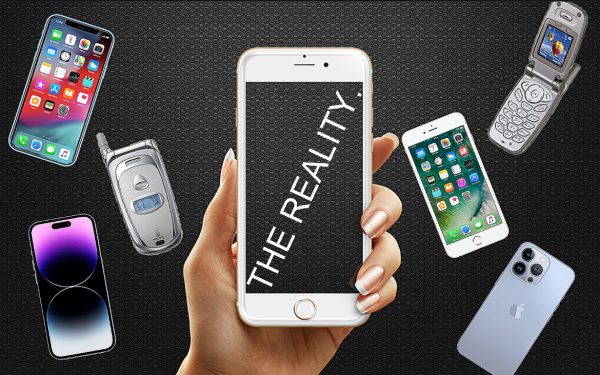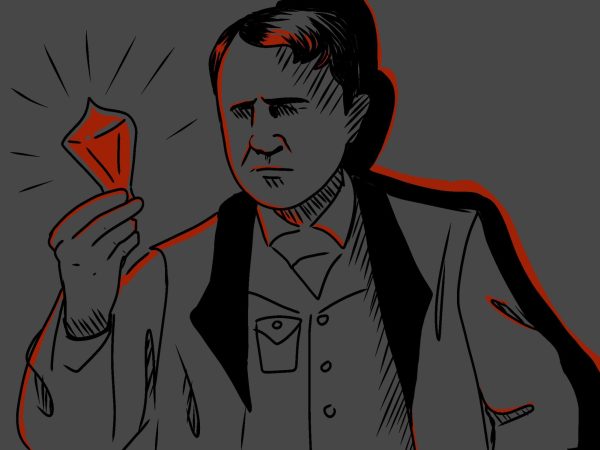Commentary: TV Subscriptions — Our Savior? Not.
October 10, 2017
What if people knew there was once an amazing time when TV flourished and everyone lived happily watching only seven channels? Old people will tell you of a time when TV was free and broadcasters made their money from the ads they ran during commercial breaks.
Well, this is something that once happened.
Then, in the 1970s, you could pay to have TV without ads. But the cable companies ruined that too, as one would expect them to.
Many people hate cable companies. According to DSL Reports, once every 6.5 seconds, someone switches from DIRECTV to Dish Network or back again. This is because everyone is in a horrible relationship with both, and they can’t decide who they hate more.
Cable TV agreements are filled with fees you can’t see. The service often looks cheap until 12 months in when the bill doubles and you read the fine print that says, “plus tax for 12 months.”
Most plans start at $50 a month for about 150 channels. Now this could be a good deal, but then you find out 30 are sales channels, 27 are music, 30 are foreign news, and not one of them is a sports channel or HBO. Oh, and by the way, after 12 months, not only does the price double, but you can’t leave because of some fine print in the contract, so you keep buying the extra overly priced bundle just to have the 30 channels that you actually use.
What a horrible world. Fortunately, we have subscriptions to companies like Netflix and Hulu to save us, right?
Suddenly people have found a new way to combat the cable companies. Now they can get the shows they want, when they want them, from streaming providers. It’s a service so amazing that their commercials feature an estranged couple being reunited, and when the moment of truth is about to happen the man asks, “What is the Netflix password?”
People go a little crazy without their TV.
But Netflix doesn’t offer everything, so many people have more than one streaming subscription. The bills can add up to the $50 per month range.
With all the services adding up, wouldn’t it be nice to have a company filter through your bills and tell you what you use and don’t use, let you cancel any time you want, and make paying bills easier? Then you would be thrilled to find something like Truebill, which tracks your subscriptions, bills and fees and makes suggestions to help you save money. Sounds amazing, almost like that land of flourishing TV, but better because you can still spend all night watching “The Breakfast Club” and not have to wait for it to come on.
But the user agreement that no one reads would inform you that when you sign up, your information won’t be private. How would you feel if all your information was sold to the highest bidder?
What if you don’t use a free subscription manager and you pay for your safety? The problem with this is there’s big money in hacking companies and selling their information, or just in buying and selling stock before and after a company has been hacked. Corporations don’t play nice.
A perfect world where TV and people live in harmony? Not possible.












